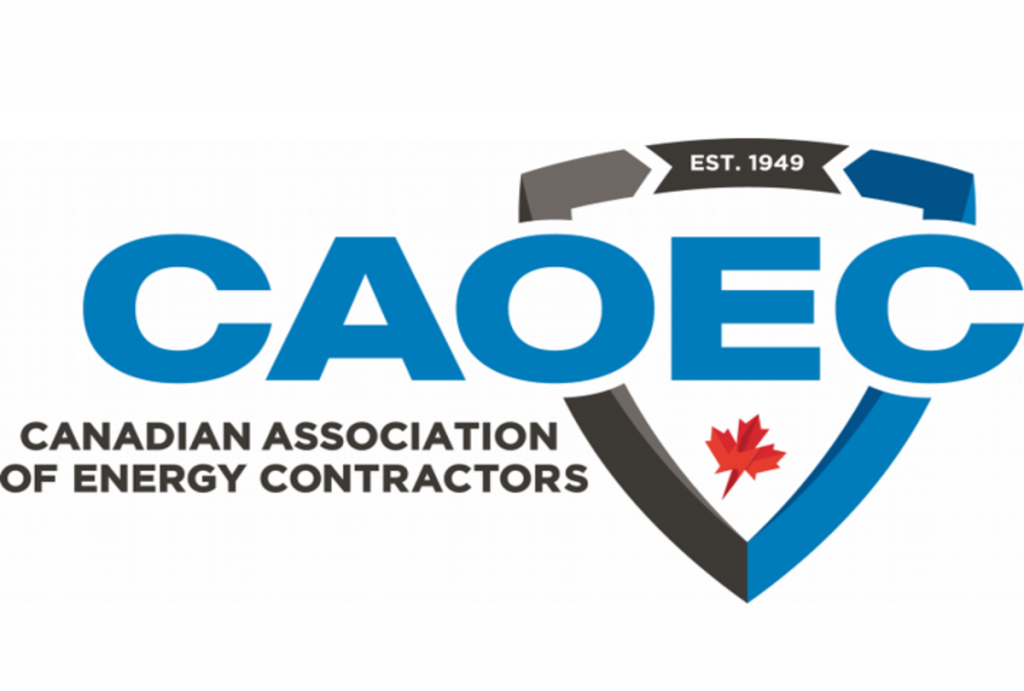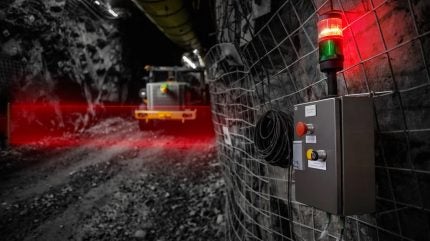The Canadian Association of Energy Contractors (CAOEC) announces the release of the 2023/24 Drilling and Service Rig Forecast and the 2023 State of the Industry Report.
- Projected 2024 wells drilled: 6,229 – an increase of 481 from 2023 (5,748)
- Projected 2024 drilling operating days: 65,399 – an increase of 5,046 from 2023 (60,353)
- Projected 2024 service operating hours: 1,075,220 – an increase of 77,696 from 2023 (997,524)
- Total jobs expected: 39,435 – an increase of 3,045 from 2023 (36,390)
The Association is pleased to report that 2024 will bring modest growth to the industry. Most of this growth is expected to happen in the second half of the year as the market comes off a softer Q3 in 2023. A continuation of capital discipline within energy producers will create a ceiling on potential growth, although this may be countered by the increase in new pipeline capacity with projects such as the Key Access Pipeline System (KAPS), Trans Mountain and Coastal GasLink pipelines, as well as the recent expansion of the Nova Gas Transmission Ltd. (NGTL) System.
The industry is excited about new opportunities to support the extraction of critical minerals such as lithium, helium, the production of heat from geothermal, and the sequestration and storage of carbon deep underground. Mark A. Scholz, President & CEO of the CAOEC, stated, “Today’s rigs can work on a natural gas well in one period, move to a geothermal or carbon storage well in the next, and increasingly drill exploration wells for lithium and helium. By building off of Canada’s world-class drilling technology, the energy services sector is at the epicentre of sustainable jobs and Canada’s energy transformation. Our workforce and technology will lead the way.”
On the labour front, applications for entry-level positions are strong, indicating a renewed interest in the sector and a positive outlook in the long term. However, senior field positions are in high demand and finding experienced workers to fill those roles has not been easy. These challenges are anticipated to persist in the short and medium term as recruiters continue to market to prospective workers across the country, including Central and Eastern Canada.
Decarbonization within the industry will require more pragmatic and balanced climate policy, especially as the world faces the realities of deglobalization and increased geopolitical risk. The Association has been actively working to achieve this by engaging the federal and provincial governments in designing policies that would help accelerate the deployment of carbon abatement technology within the energy services sector. While the federal government has introduced various investment tax credits, the Association has identified critical policy gaps that fall short of the industry’s needs.
Scholz states, “If aspirations are to be turned into investments, Ottawa needs to be more flexible and not choose one sector over another. We are ready to do our part and position Canada as a world leader in carbon emissions efficiency; however, we can only achieve this through policies that recognize the real-life applications of drilling and service rigs.”
The full report can be viewed on the CAOEC website.
-30-
About CAOEC
The Canadian Association of Energy Contractors (CAOEC) represents 95 land drilling, directional drilling, offshore drilling, and service rig member companies on the frontlines of energy security and transformation. They operate a fleet of 444 drilling rigs and 735 service rigs in British Columbia, Alberta, Saskatchewan, Manitoba, Ontario, and Atlantic Canada. CAOEC’s members are varied and diverse, and include many small- and medium-sized enterprises that have been leaders in creating opportunities for young people, Indigenous communities, and middle-class workers.
For more information, contact:
An Tran – Communications Specialist
Canadian Association of Energy Contractors
Phone: (403) 264-4311 ext. 118
Email: [email protected]
Share This:




